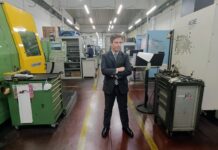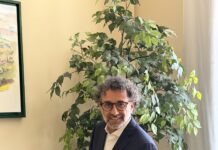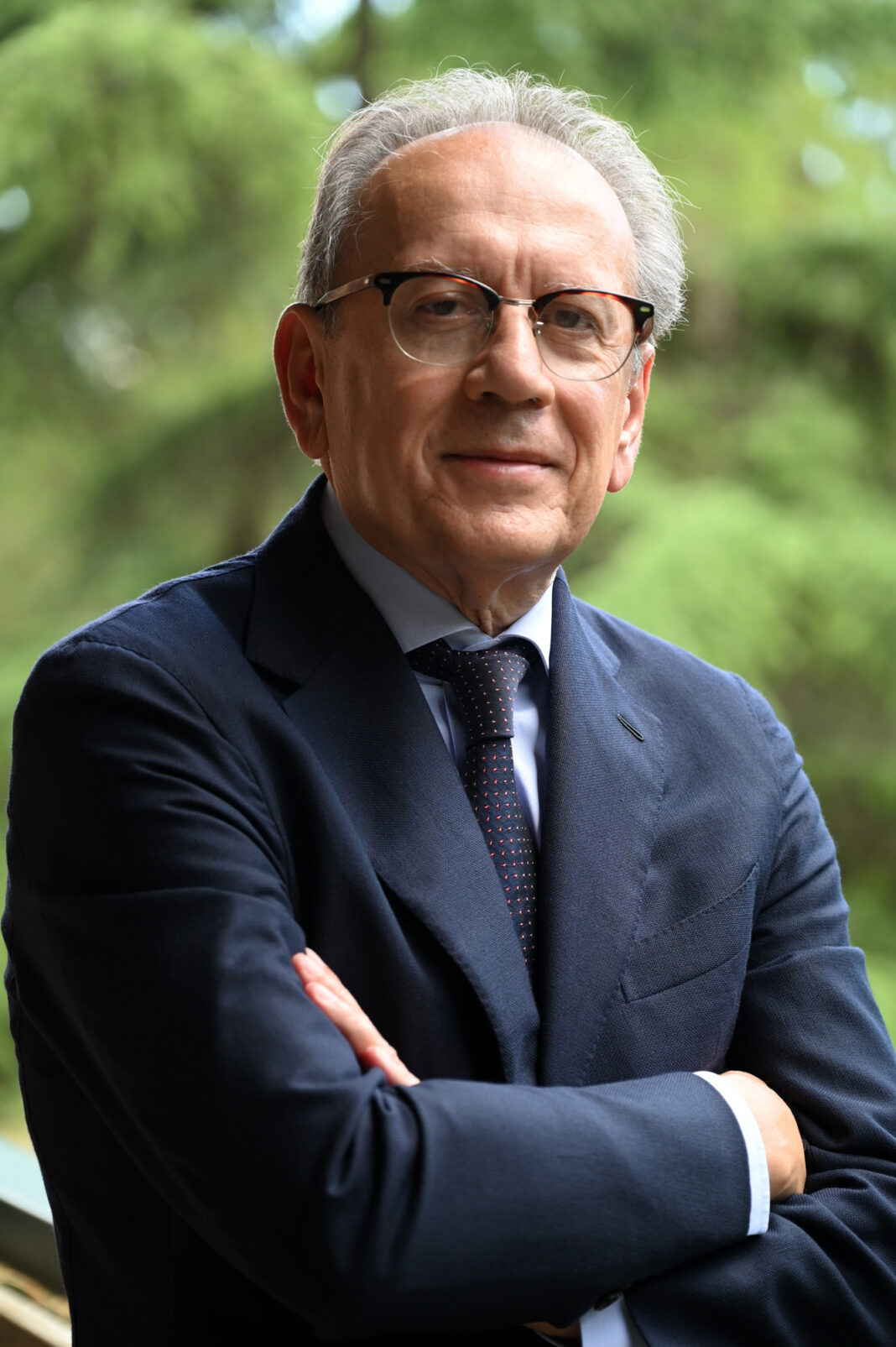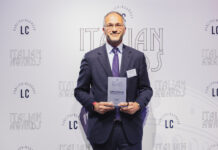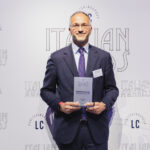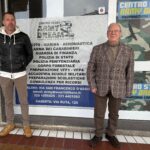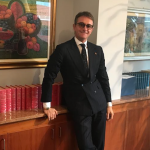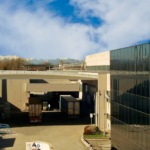Born from the vision of Salvatore Santucci, Santucci & Partners is an independent management consulting firm based in Central Italy. With a team of ten highly qualified professionals, it has become a key reference point for Italian SMEs looking to face the future with strategic vision, specialized services, and an open outlook on global markets.
by Roberta Imbimbo
Dr. Santucci, let’s start from the beginning: how did Santucci & Partners come to life, and what sets you apart in the consulting landscape?
We are a small firm, a team of ten highly qualified professionals specializing in corporate financial consulting. We were founded in Perugia, in the heart of Central Italy—far from major hubs like Milan—but that hasn’t stopped us from building a top-tier offering. On the contrary, it has pushed us to refine our approach even further. We are a true consulting boutique, where client focus and service customization are at the core. Our strength lies precisely here: in high specialization, independent structure, and the ability to deliver tailor-made solutions for SMEs that increasingly operate in international markets.
In such a competitive market, how do you stay relevant?
By always looking ahead. Today, businesses aren’t just looking for answers—they’re looking for vision. They operate globally, sell abroad, and face new challenges every day. Our role is to anticipate change, not chase it. That’s why we’ve specialized in strategic areas such as innovation, high-potential startups, and of course, ESG finance. We’re not interested in following trends or copying standardized models. We offer a structured, thoughtful, project-based approach. We are planners. That’s the true added value for entrepreneurs today: the ability to read the future and adapt with clarity and method.
One of the key themes discussed at the recent Euronext Annual Conference in Paris (held on March 18, 2025) was the so-called “European paradox”: abundant private savings but low business capitalization. Why is this mismatch so critical?
Because it undermines our competitiveness at its roots. European households hold large savings reserves but tend to keep them in low-dynamic instruments, detached from the business world. At the same time, SMEs—the backbone of our production system—struggle to access equity capital. It’s a contradiction that has persisted for years, and today, with the digital and green transitions, it risks becoming a brake on industrial growth. Without capital, there’s no innovation—and no progress. Add to that a widespread aversion to entrepreneurial risk and the tendency to favor government bonds as “safe” investments, and you get an increasingly unsustainable imbalance, especially given Europe’s high public debt levels.
Can public funding still be part of the solution?
Not anymore. Non-repayable grants are no longer enough. Europe needs to focus on revolving capital—private investments that regenerate and help businesses grow. The future of industrial policy depends on modern instruments, not on subsidies. What’s needed are patient, intelligent forms of capital that support sustainable growth. And we also need a more mature business culture—one that values private investment and the creation of long-term value.
Another strong theme emerging in Paris was the evolution of the ESG concept. What’s your view?
It’s a historic turning point. We’re witnessing an important shift: ESG, traditionally centered on governance and social impact, is now expanding to include defense-related themes. In today’s complex geopolitical environment, the idea is gaining traction that supporting strategic industries—including those in the defense sector—is no longer at odds with ESG principles, but rather a form of collective responsibility. Companies thus become key instruments in a national and European strategy—not just economic players. This evolution requires a redefinition of Europe’s priorities, where security, strategic autonomy, and industrial resilience become central elements.
How central is ESG to your own work?
It’s absolutely central—but it must be treated seriously. For us, ESG isn’t just an acronym for presentations; it’s a comprehensive framework for assessing a company’s sustainability and long-term solidity. Too often, ESG is reduced to compliance or marketing, but we see it as a true pillar of strategic consulting. Only an integrated, organic understanding of environmental, social, and governance factors can build companies that are more coherent, credible, and competitive. In that sense, we’re committed to investing time and expertise in fostering a genuine ESG culture—especially within SMEs.
Another of your focuses is startups. What role do they play in your vision?
Startups are fundamental, though often underestimated in their risks. There’s tremendous creative energy, but without long-term vision and planning, failure rates remain high. That’s exactly where we come in: to structure ideas, give them shape and sustainability. Our goal is to guide startups through growth paths that transform them into real companies—capable of standing on the market and attracting capital. Once again, the key is planning, combined with a clear understanding of the broader landscape.
How do you see the future of Santucci & Partners?
We’ll continue to specialize. Our goal is to strengthen our strategic consulting offering, integrating new services and deepening our focus on ESG and business innovation. We don’t aim to become “global consultants”—we don’t believe in that rhetoric. We prefer to be valuable specialists in high-impact sectors. We want to be real partners for companies that look ahead. Our goal isn’t to grow in size, but in depth: to remain independent, structured, and credible. And to bring top-level consulting to areas too often left out of the major economic narratives.
Central Italy has a voice—and it must be heard. Because it’s from places like this that a new way of doing business and consulting can emerge: one that stays close to local roots while keeping its eyes firmly on the world.

